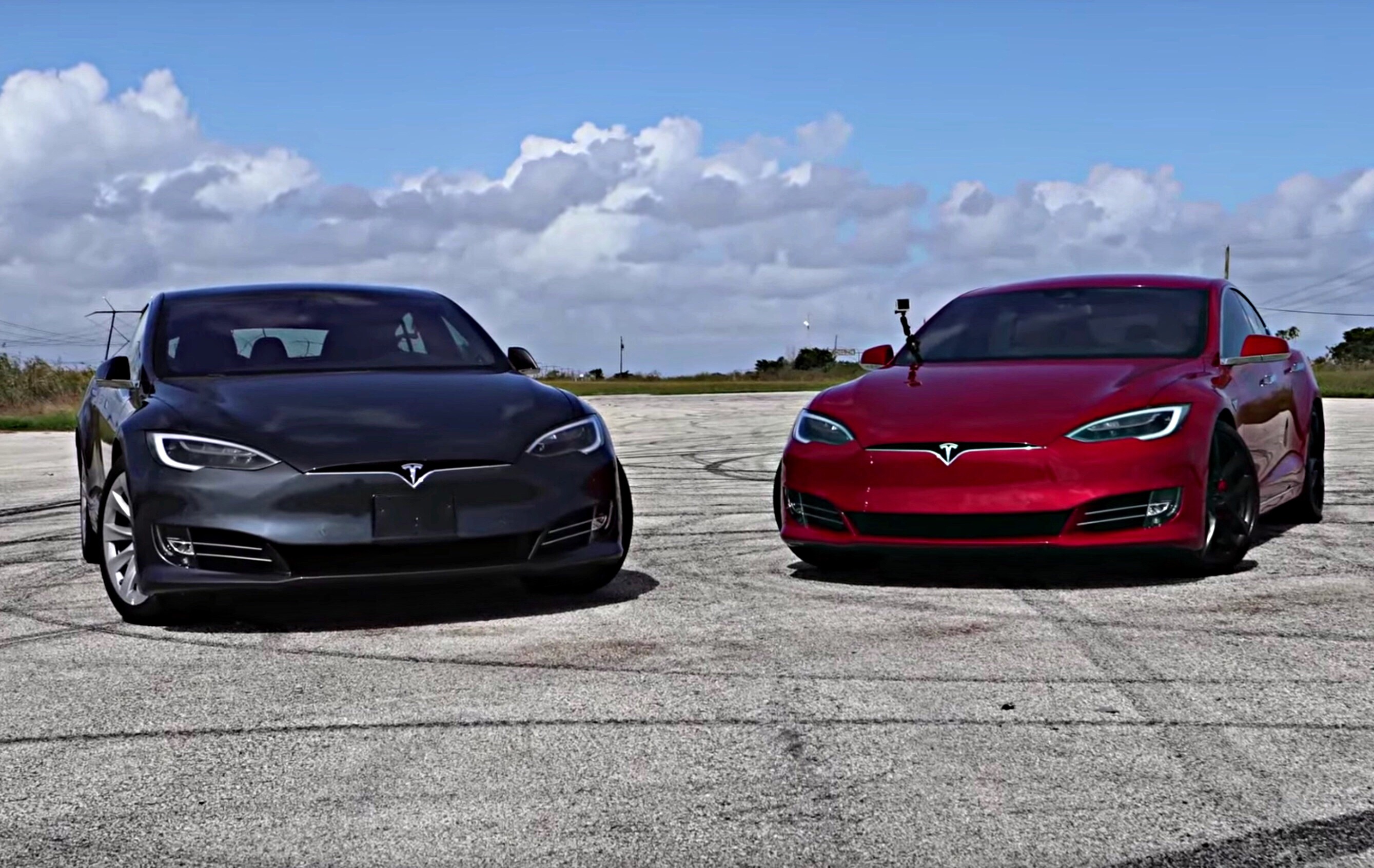According to data gathered by a Dutch-Belgium Tesla owners group, Tesla batteries have retained over 90 percent of their charging power after 160,000 miles. 350 owners were surveyed, and it was found that the EVs dropped about 5 percent of their capacity after 50,000 miles were registered, but lose it at a much slower pace after that. If this holds to be true for future miles, most Tesla vehicles will still retain 90 percent capacity after 300,000 lm (185,000 miles), and 80 percent capacity after a mind-blowing 800,000 km (500,000 miles).
It was found that there was no battery degradation warranty on its Model S and X luxury EVs, but guaranteed that the Model 3 will retain 70 percent battery capacity after 120,000 miles for long-range battery and 100,000 miles for short-range battery. Per the survey data, Tesla will easily meet this mark.
Battery capacity loss has been a big concern for EV buyers for the longest time. It’s probably one of the main reasons why EVs still aren’t mainstream. With this new data, however, and on real-world usage, EV buyers should be reassured. While the data provided looks promising, it may be a good idea to reserve judgement until we get survey results for higher-mileage EVs and how they perform.





